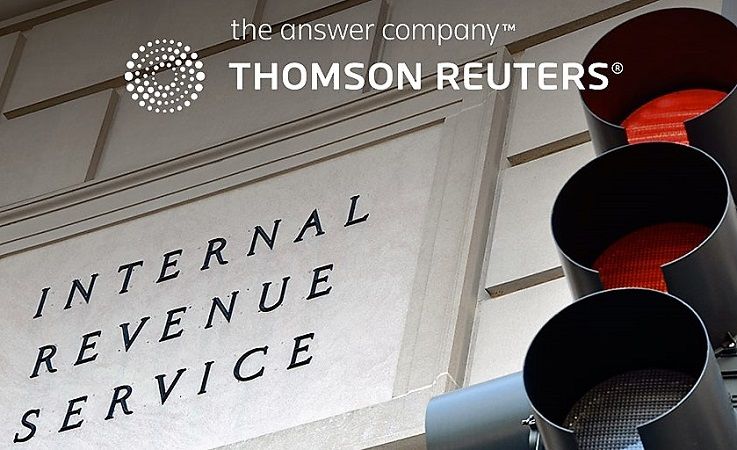It’s official. The U.S. is now playing ball on BEPS. This week, the U.S. Treasury Department and IRS finalized a rule that will require U.S.-based multinational corporations to provide detailed, country-by-country income tax information to the IRS on an annual basis for each country in which they do business.
The rule brings to end several months of speculation over whether or not the U.S. would officially support the global tax avoidance guidelines proposed by the Organisation for Economic Cooperation and Development (OECD) in its Base Erosion and Profit Shifting (BEPS) project.
BEPS Action 13: What Is It?
The OECD guidelines for BEPS Action 13 relates to transfer pricing documentation and reporting requirements as applied to multinational entities (MNEs) with global revenues of €750 million or more, for tax years on or after January 1, 2016. (See our guide to the BEPS timeline below.)
As stated in Thomson Reuters BEPS Action 13 Guide, the transfer pricing reporting guidance is built on a three-tiered approach, including Country-by-Country Reporting, Master file and Local file.
- Country-by-country (CbC) report: A series of three XML tables submitted electronically to the MNE’s tax administration in the jurisdiction of the reporting entity. The report includes financial data and other country-by-country information in the functional currency of the ultimate parent entity.
- Master file: A high-level narrative report of information relevant for all MNE members regarding the group’s global business operations and transfer pricing policies. The master file is available to all relevant country tax administrations. The information in the master file is intended to provide a blueprint of the MNE group in five categories.
- Local file: Individual, country-level transfer pricing reports that supplement the master file with transfer pricing analyses. Local file demonstrates the transactions between the local country affiliate(s) and the associated enterprises in other jurisdictions’ approximate arms-length pricing.
All countries participating in the BEPS project have given consensus support to the new guidance under Action 13 of the OECD’s BEPS initiative. However, the US final regulations only implement CbC reporting, and are silent on master and local files.
BEPS has been a hot topic in tax circles for the last couple of years, and with this week’s announcement from the Treasury and IRS concerning CbCR rules, it is more urgent than ever for U.S. MNEs to ramp up their expertise and technological solutions to contend with BEPS Action 13.
Global Preparation for BEPS Action 13
While the issue has been followed closely by most tax professionals, there are still a number of people within the finance functions of large corporations who have just a passing familiarity with the concept. That’s going to need to change quickly.
In fact, according to our new 2016 BEPS Readiness Survey, for which we interviewed 207 corporate tax and finance professionals around the globe, just 66% of respondents said they were actively preparing for BEPS-related compliance. That number is up 12 percentage points from last year, but there are still many corporate tax departments who haven’t even begun to think about the challenges associated with declaring the amount of revenue, profit, and tax they’ve paid in each country in which they do business, along with details on total employment, capital, and assets used in each location.
Another interesting data point from our survey is that European companies appear to be way ahead of their U.S. counterparts when it comes to BEPS compliance preparation. On average, 75% of European respondents said they are actively preparing for the new reporting requirements, versus just 64% of U.S. companies.
Our survey also suggested that tax departments are going to need to figure out their approach to BEPS compliance without a lot of additional budget support. Among U.S.-based survey respondents, 71% said that their companies have not provided more resources to help them prepare for BEPS.
The collection of data points paints a picture of a perfect storm brewing inside of many U.S. multinational corporations. A combination of lack of awareness, lack of preparation, and lack of budget is going to make it incredibly challenging for companies to collect, analyze and start reporting this data to the IRS.
With that challenge in mind, we’ve pulled together a quick checklist of things U.S. multinationals absolutely need to know about country-by-country reporting. Call it a study guide for the upcoming test, or, perhaps more appropriately, a cheat sheet for those who now find themselves cramming.
Your BEPS Action 13 Checklist
When Does it Start?
Now. The final regulations apply for taxable years beginning on or after June 30, 2016.






